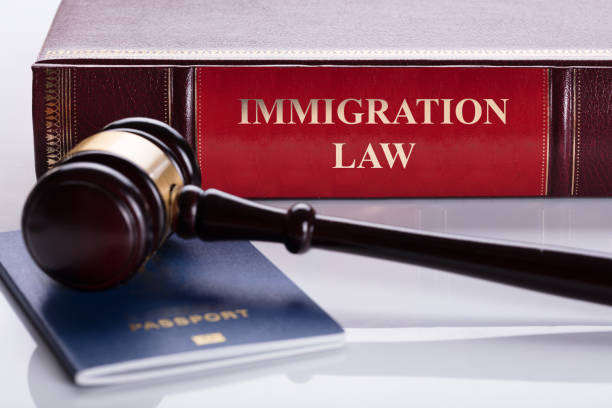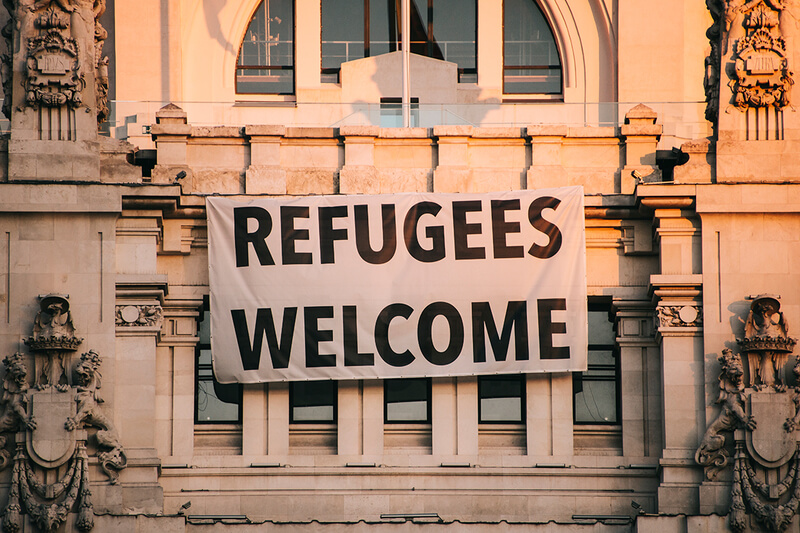IMMIGRATION LAW & REFUGEE LAW
Canadian immigration law applies to people who want to visit canada, study in canada, work in canada, and live in canada. Immigration law is complex and is a very specialized area of law.
Humanitarian and Compassionate Applications
Permanent Resident Cards
Start-Up Business Visa Application
Permanent Resident Visa

Provincial Nominee Programs
-
Alberta
-
British Columbia
-
Manitoba
-
New Brunswick
-
Newfoundland and Labrador
-
Northwest Territories
-
Nova Scotia
-
Ontario
-
Prince Edward Island
-
Saskatchewan
-
Yukon
Temporary Resident
-
Work Permit and Visas
-
Study Permit
-
Visitor Visa
Express Entry
-
The Canadian Experience Class
-
The Federal Skilled Worker program
-
The Federal Skilled Trades Program
Sponsorships
-
Family
-
Spousal
-
Parental Sponsorships
-
Dependent Children
Citizenship
-
Citizenship Applications

-
Race
-
Religion
-
Nationality
-
Political Opinion Or,
REFUGEE LAW
You can apply for refugee protection in Canada if you meet the definition of a Convention refugee or a person in need of protection.
CONVENTION REFUGEE
Convention refugees are people living outside their national country and, because of fear of persecution, cannot be protected within their country or return to it. That fear of persecution must be well-founded and based on their:
Their membership in a particular social group (including groups that the person cannot change, such as gender, sexual orientation, past memberships, or groups they choose to join).
Persecution is defined to include such things as death threats, torture, or imprisonment by the government, guerrillas, or other non-government agents, such as an abusive husband.
A person in need of protection is a person who will face the danger of torture, a risk to their life or cruel and unusual treatment or punishment if they return to their country of nationality.
In both cases, the risk faced by the refugee must be a personal one and not one related to a general risk in the home country. The risk must also be one that the authorities in the home country are unable or unwilling to protect the refugee claimant from.

